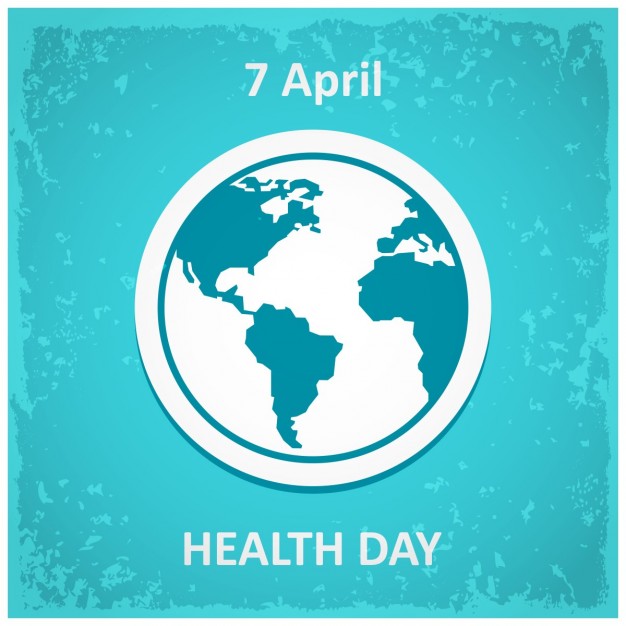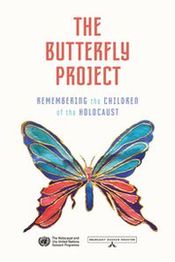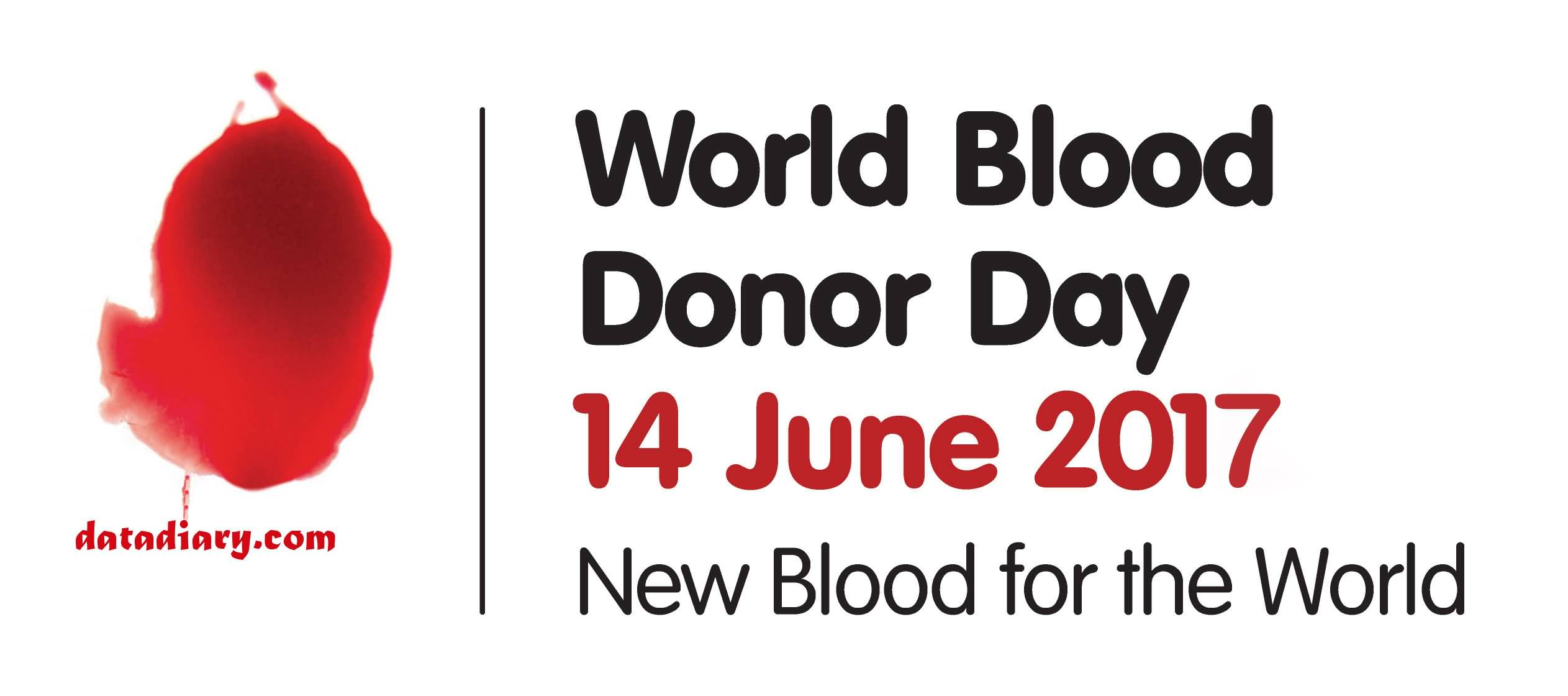 International Jazz Day highlights the ability for jazz to unite people from all walks of life and draw together folks from around the globe. No one is left out, as this day brings together artists, schools, communities, historians, academics, and jazz aficionados to raise awareness around this type of music and educate the public about the roots, impact, and future of jazz. There’s a deep-rooted message attached to this day of celebration, such as reinforcing international cooperation and communication.
International Jazz Day highlights the ability for jazz to unite people from all walks of life and draw together folks from around the globe. No one is left out, as this day brings together artists, schools, communities, historians, academics, and jazz aficionados to raise awareness around this type of music and educate the public about the roots, impact, and future of jazz. There’s a deep-rooted message attached to this day of celebration, such as reinforcing international cooperation and communication.
It brings to light the need for intercultural dialogue and mutual understanding through one of the best ways possible, music. The power of the music will be apparent when participants view people of all backgrounds, forgetting about their differences and joining together to celebrate jazz. Any adverse circumstances from the past or present are suddenly forgotten or pushed aside, and people begin to focus on friendship, freedom, hope, and dignity instead.
The day itself is intended to promote peace, diversity, respect among different cultures, and highlight the need for human rights and dignity. The music itself addresses the desire for eliminating discrimination and promoting the freedom of expression. Youth are also encouraged to participate by enacting change and helping to foster gender equality. One will have the chance to experience how much life and love emerges when the day kicks off, and musicians from all over begin to jam and play their music.
History of International Jazz Day
It all began in 2011 when the United Nations Educational, Scientific, and Cultural Organization declared International Jazz Day as an opportunity to give recognition to jazz music and state its role to unite people all around the globe. It’s been going strong ever since and people look forward to this day each year when music lovers from around the world can share in the experience of listening to and making jazz music.
The idea itself emerged from jazz pianist and UNESCO Goodwill Ambassador Herbie Hancock. Together, the UNESCO Director-General and Hancock chair the event and ensure people from all over come out to participate in the celebration each year. Cities such as Paris, New Orleans, and New York were some of the first to begin to educate the public on the event and draw excitement to Jazz Day.
The Host City goes as far as to organize an All-Star Global Concert which brings together over two-dozen jazz musicians from all parts of the world in or around a historical landmark. It’s interesting to know that the popularity of the day has grown immensely over the years. Now, nearly 200 countries participate in International Jazz Day.
You can visit just about any location and hear and experience jazz music at its finest. You’ll witness artists and onlookers expressing themselves in their own unique and individual way. Cape Town, South Africa is the Host City for 2020, so one should make a note of this if he or she wants to travel and see some of the best musicians perform their music live. Not only will there be music present at the event, but organizers are also planning an extensive educational and community outreach program for people to participate in and as a way for them to expand their knowledge.
Source: Text (Abridged): https://www.daysoftheyear.com/days/jazz-day Image: Freepik


 World Health Day is celebrated every year on the founding day of the World Health Organization. Established in 1950 this event has a theme each year to draw attention to a current world health issue. The WHO puts together regional, local, and international events on this day related to that theme. Local governments also tend to jump on this band-wagon, after all, global health means everyone! On this day you may take some extra steps to care for your health, consider getting a gym membership (and going!), starting a diet, or starting multi-vitamins!
World Health Day is celebrated every year on the founding day of the World Health Organization. Established in 1950 this event has a theme each year to draw attention to a current world health issue. The WHO puts together regional, local, and international events on this day related to that theme. Local governments also tend to jump on this band-wagon, after all, global health means everyone! On this day you may take some extra steps to care for your health, consider getting a gym membership (and going!), starting a diet, or starting multi-vitamins!
 the Holocaust”
the Holocaust”  The history of the Olympic movement is rooted in the deep past (776BC). The first (modern) Olympic games were recorded in 1896. At the time they were so important event that warring States ceased their conflicts in order to commemorate this event.
The history of the Olympic movement is rooted in the deep past (776BC). The first (modern) Olympic games were recorded in 1896. At the time they were so important event that warring States ceased their conflicts in order to commemorate this event. body and losing too much of it was bound to have tragic consequences on the patient. So it was that experimentation began, and a whole new breed of heroes was born that contribute their blood so that others may live. Blood Donors save lives every day by giving of themselves so that accident victims and those in need of transfusions for surgeries can live.
body and losing too much of it was bound to have tragic consequences on the patient. So it was that experimentation began, and a whole new breed of heroes was born that contribute their blood so that others may live. Blood Donors save lives every day by giving of themselves so that accident victims and those in need of transfusions for surgeries can live.